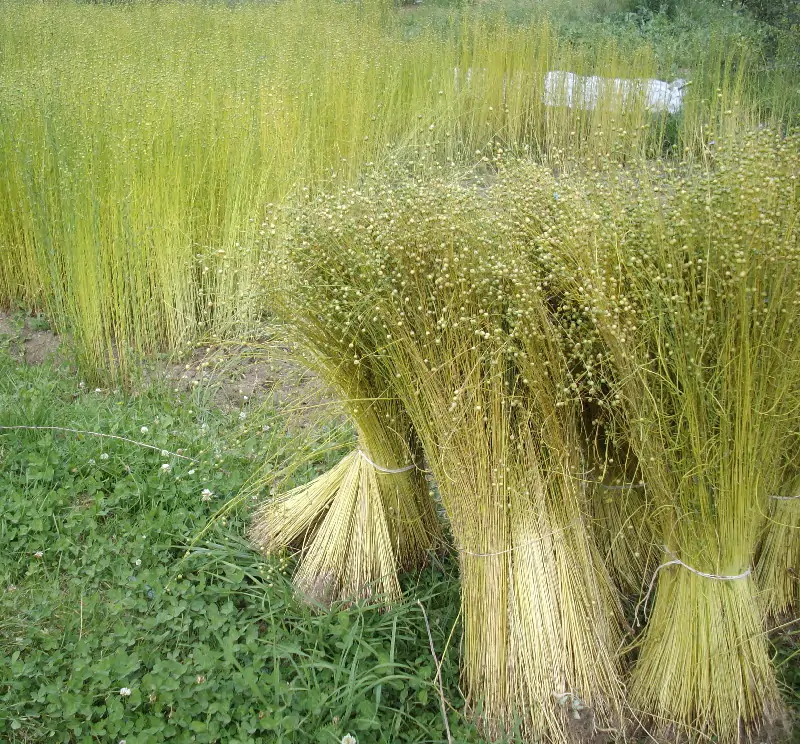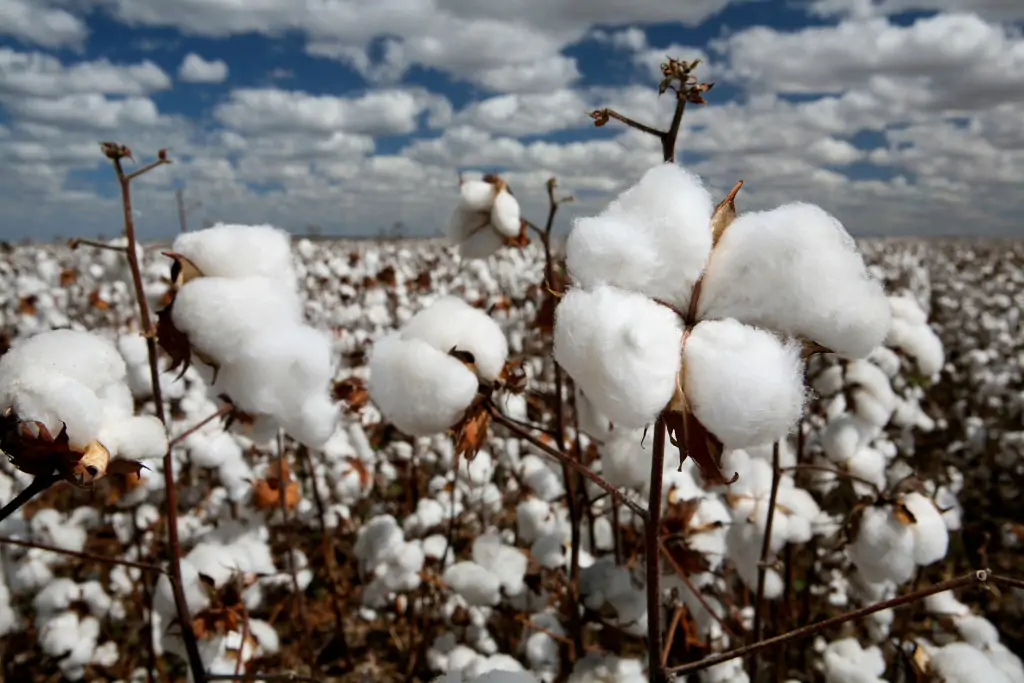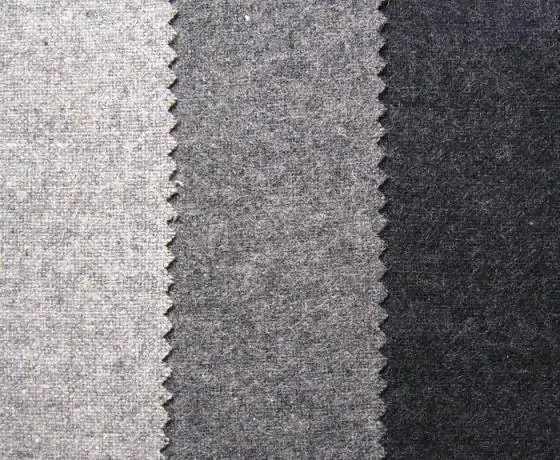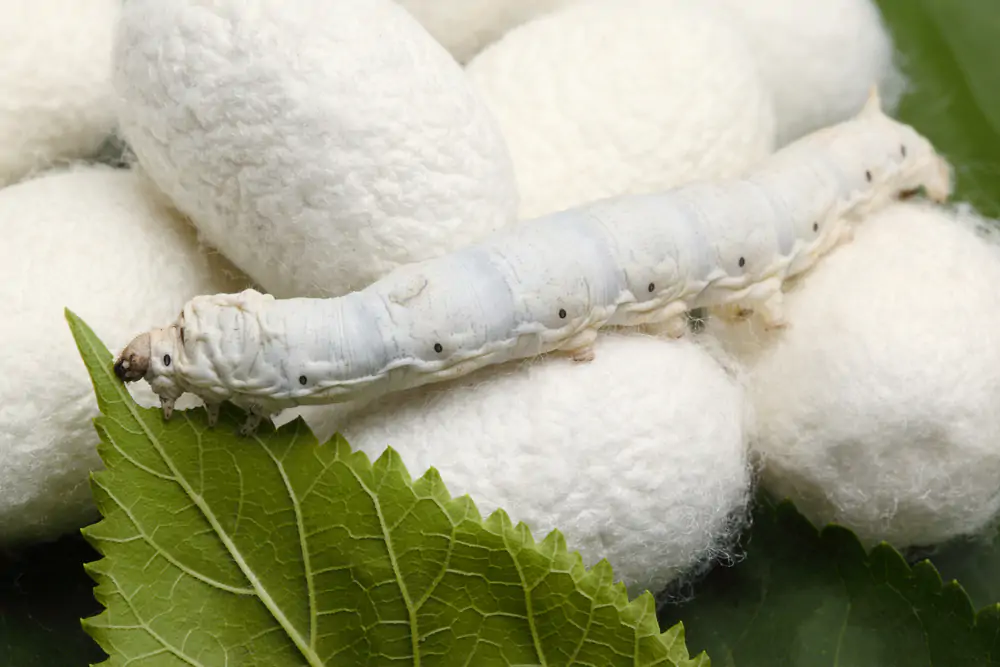WHAT MAKES YOU FEEL REALLY GOOD IN YOUR SUIT (VOL 2)
This post is a vol 2 to our last post that described the materials LGFG Fashion House is using to make our quality bespoke suits. On the last post you can read about wool, mohair, cashmere and vicuña. In here you can continue reading a detailed descriptions about the finest materials in the world:
Linen
Linen is a textile made from the fibers of the flax plant. Linen is laborious to manufacture but the fiber is very absorbent and garments made of linen are valued for their exceptional coolness and freshness in the hot weather. Linen textiles appear to be some of the oldest in the world; their history goes back many thousands of years. In ancient times, it was even used as a currency (Ancient Egypt, for example). Today, linen is an expensive textile produced in relatively small quantities. It has a long individual fiber length relative to cotton and other natural fibers.

Flax plant
Cotton
Cotton is a soft, fluffy staple fiber that grows around the seeds of the cotton plants. The cotton plant is native to tropical and subtropical regions around the world. Cotton fiber makes a soft, breathable textile. Cotton is most the widely used natural fiber in the world, thanks to the invention of cotton gin that lowered the cost of production. Cotton is cultivated since antique times but during these times it wasn’t used so widespread.

Cotton plant
Tweed
Tweed is a rough woolen fabric of a soft, open, flexible texture that resembles a weave. This material is moisture-resistant and durable – making it desirable outerwear. Tweeds are made to withstand a harsh climate (hence the popularity of it in British and Irish country clothing). Because of that, this material is commonly worn for outdoor activities, such as shooting and hunting. Tweed became popular during the Edwardian times when the middle class associated it with the leisurely pursuits of the elite. Tweed is also a popular choice for the cyclists, golfers and motorists. It’s still associated with upper class and elegant style (thanks to Chanel and 1960s fashion).

Tweed samples
Flannel
Flannel is a soft woven fabric of various fineness. It was originally made from carded wool or worsted yarn but is now often made from either wool, cotton or mixtures of silk. It is possible to create extra softness to flannel when it‘s being brushed. Brushing is a mechanical process where a fine metal brush rubs the fabric to raise fine fibres from the loosely spun yarns to form a nap. Flannel has been made since the 17th century. The popularity of flannel peaked in the 1990s with popular grunge bands like Nirvana, that used flannel plaid shirts as one of their trademarks. Nowadays, people call all the plaid men’s shirts flannel shirts although many of these are not made of flannel.

Flannel
Silk
Silk is a natural protein fiber and some forms of it can be woven into textiles. Silk fibers are produced by certain insect larvae to form cocoons. The best-known silk is obtained from the cocoons of the mulberry silkworm. Only the silk of moth caterpillars has been used for textile manufacturing. The shimmering appearance of silk is due to the triangular prism-like structure of the silk fiber, which allows silk cloth to refract incoming light at different angles, producing different colors.

Silkworm
We hope you enjoyed this informational post.
Always yours,
LGFG Fashion House


